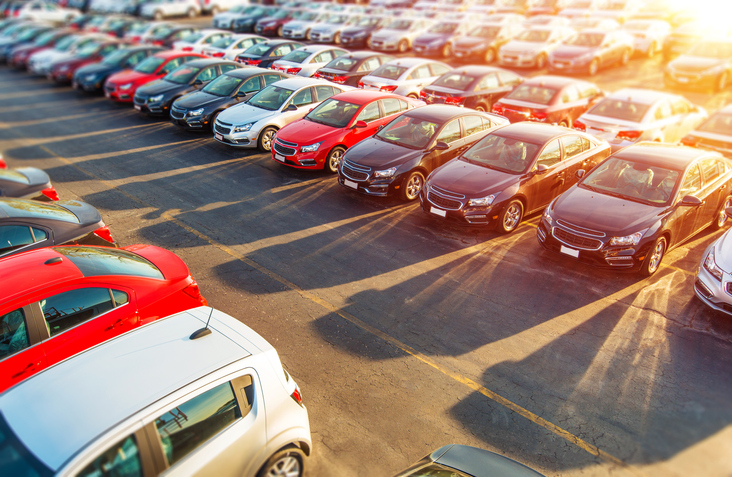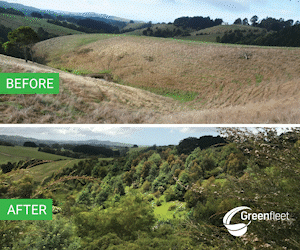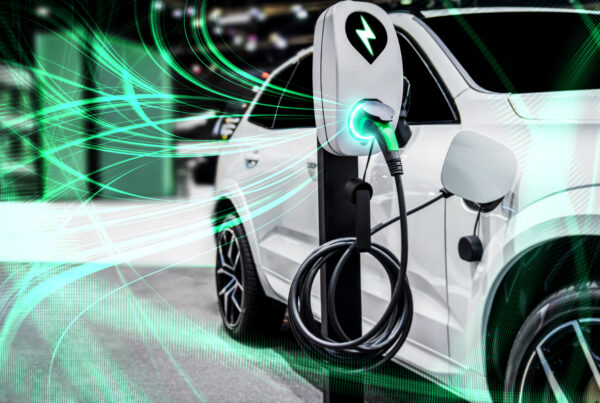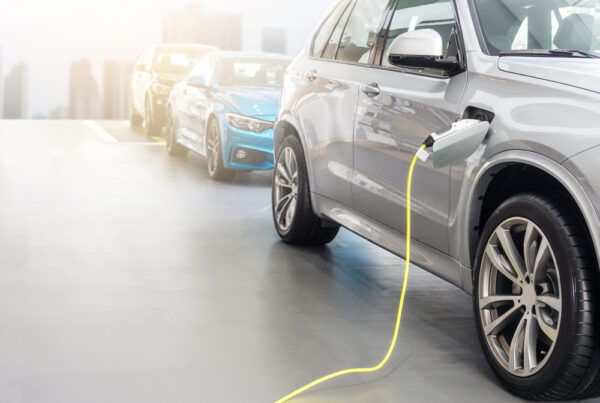The Federal Chamber of Automotive Industries (FCAI) has responded to concerns about new US tariffs, saying they will have only a limited effect on Australian new car buyers.
From 3 April 2025, the United States will apply a 25 per cent tariff on all vehicles imported into the country. Key car parts, like engines and electronics, will also be affected. The move comes despite pushback from major American automakers including Ford, General Motors, and Stellantis.
But Australia’s peak car industry body isn’t sounding the alarm, at least not for local buyers.
Most Aussie Cars Don’t Come from the US
FCAI Chief Executive Tony Weber explained that Australia imports only a small number of cars from the United States.
“Australia imports a relatively small proportion of its vehicles from the US, thus, the total impact on Australian buyers is expected to be limited,” Mr Weber said.
He added that the FCAI will continue to monitor how other countries respond to the US tariffs and what this could mean for the wider car industry.
Global Shockwaves Still Expected
While the direct impact on Australia may be small, experts warn that the global car industry could face major disruptions. Some analysts predict that US vehicle prices could rise by as much as $19,000 AUD due to increased production and export costs.
In a report from Drive.com, Dan Ives, an analyst from US investment firm Wedbush, said the new tariffs could cause “pure chaos” for the global auto industry.
“This is worse than the worst-case scenario,” he said in an interview with CNBC.
Ripple Effects from Asia
Nations like South Korea, Japan and China will also face extra tariffs on top of the 25 per cent already announced. China, for example, is now facing a total tariff of 34 per cent. These changes could impact Australia indirectly, since many of our vehicles come from these countries.
If car makers are forced to redirect their exports away from the US, Australian buyers could see changes in prices depending on how manufacturers react.
Australia’s Industry Still Watching Closely
Although Australia doesn’t export vehicles to the US, several local companies do supply parts to international markets. These include Carbon Revolution in Victoria, Redarc in South Australia, and PWR Advanced Cooling Technology in Queensland.
“We will monitor how other nations respond to the US decisions and their impact on the automotive world,” said Mr Weber.
Did you find this article interesting? Click the ‘heart’ button above to give it a ‘like’!



















